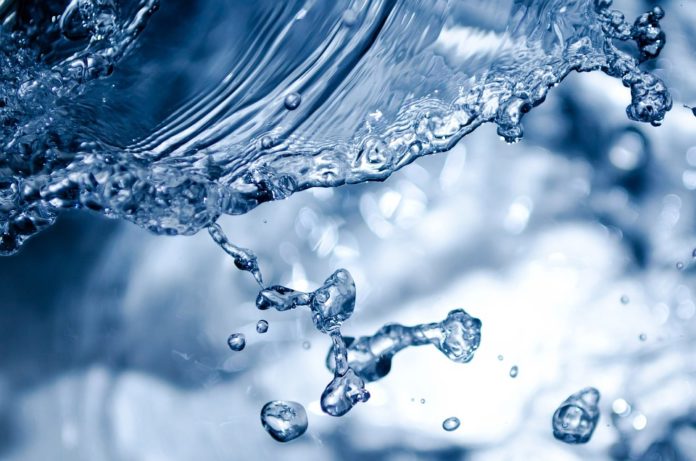UNSW researchers have built up a world-first graphene-based, lab scale filter that can expel over 99% of the omnipresent regular natural matter abandoned amid ordinary treatment of drinking water.
The project is led by Dr. Rakesh Joshi of the UNSW School of Materials Science and Engineering, in collaboration with Professor Veena Sahajwalla and Professor Vicki Chen of UNSW, and Dr. Heriberto Bustamante of Sydney Water.
In collaboration with Sydney Water, scientists demonstrated the success of the approach in laboratory tests on filtered water from the Nepean Water Filtration Plant in western Sydney. They currently are working to scale up the new technology.
Dr. Joshi said, “Our advance is to use filters based on graphene – an extremely thin form of carbon. No other filtration method has come close to removing 99% of natural organic matter from water at low pressure.”
The most common methods used at present to remove organic matter from water supplies include the application of chemical coagulants. But those methods are partially effective. The new filter system is made by converting naturally occurring graphite into graphene oxide membranes that allow high water flow at atmospheric pressure while removing virtually all of the organic matter.
Dr. Joshi said, “The new treatment system is made by converting naturally occurring graphite into graphene oxide membranes that allow high water flow at atmospheric pressure while removing virtually all of the organic matter.”
The results of some of the ground-breaking research are published in the journal Carbon.
